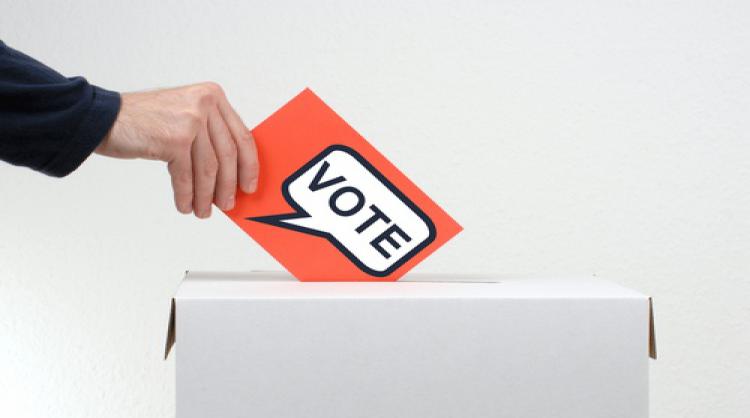FCC Pulls BDS Vote after Congressional Objections
November 18, 2016 | by Andrew Regitsky

What a crazy few days for telecom! It started out in typical fashion for our industry when seeking to minimize the impact of the quickly approaching FCC vote on new business data services (BDS) rules, AT&T and CenturyLink suddenly decided those rules, including the forced price cuts to DS1 and DS3 circuits applied only to channel terminations and not channel mileage. In other words, the ILECs claimed that the rules applied only to the end piece of a dedicated circuit (the part connected to a customer) and not the interoffice mileage between the ends of the circuit.
In truth, the ILECs had a point since ILECs can and do sell special access circuit piece parts separately and the pricing flexibility rules do distinguish between channel terminations and the rest of a special access circuit. However, the ILECs were well aware that the BDS proceeding was developing rules for complete special access circuits. Thus, their theory had almost no chance of success. If it had succeeded, however, it would have enabled the ILECs to increase prices for the less competitive channel mileage rate element and mitigate the forced channel termination rate decreases under BDS reform. This argument was particularly ironic, since at the same time AT&T argued for pricing freedom for special access transport, it was requesting switched access tandem-switched transport be detariffed since carriers were dumping costs in that rate element.
The next event impacting our industry was the unexpected election of Donald Trump. While he has had little to say regarding telecom policy, most industry observers expect his administration will look favorably on an end to net neutrality and an overall lessoning of telecom regulation. Thus, just days after Election Day Republicans in Congress sent a letter to the FCC requesting it to refrain from taking any additional controversial actions until the new Congress was seated and new FCC commissioners confirmed. In the letter, Representatives Fred Upton and Greg Walden from the House Subcommittee on Communications and Technology noted that they were simply requesting the same courtesy the Republican FCC gave to Democrats in 2008, the last time the government changed parties.
It would be counterproductive for the FCC to consider complex and controversial items that the new Congress and new administration will have an interest in reviewing. We strongly urge you to concentrate the commission’s attention and resources only on matters that require action under the law.
That letter was followed up by a similar one from Senate Commerce Committee Chairman John Thune:
I strongly urge the FCC to avoid directing its attention and resources in the coming months to complex, partisan, or otherwise controversial items that the new Congress and new administration will have an interest in reviewing.
The two Republican FCC commissioners also requested Chairman Tom Wheeler to remove the BDS vote from the agenda for the November meeting.
To his credit, a day after receiving the letter from the Senate, Chairman Wheeler decided to remove the BDS vote from the agenda, effectively ending any further contested regulatory actions by the current FCC. But what does that ultimately mean for BDS reform? Here are some of the implications.
The FCC’s decade-long special access investigation is almost certainly over. Once Republicans control the FCC next year, they are unlikely to place any additional regulations on ILEC DS1 and DS3 circuits. Nor are they likely to approve any forced price reductions.
Thus, the current special access regulations remain in place. That means overall special access rates are impacted only by the inflation rate and any exogenous events affecting ILECs (such as accounting changes or hurricanes).
FCC grants for new or additional special access pricing flexibility for ILECs in metropolitan areas remain suspended.
Since no new special access rules were adopted, ILECs must still make reasonably comparable packet services (Ethernet) available when they discontinue Time Division Multiplexed DS1 and DS3 circuits.
Any ex ante (before the fact) price regulation of Ethernet services is extremely unlikely.
CLECs that had been counting on a “fresh look” to terminate their current special access contracts without penalty can forget it. A Republican FCC would almost certainly not approve “fresh look.”
There is one aspect of the BDS investigation that is likely to be approved by the new FCC. Carriers are likely to find that they will be given more freedom to make deals with customers through contracts rather than on relying on tariffs.
The most ironic aspect of the entire BDS investigation is that had the Commission voted on new BDS rules at their October meeting (as rumored), the rules would have been approved and probably become effective on January 1, 2017. It is stunning what a difference a few days and an election make!
By Andy Registky, CCMI

